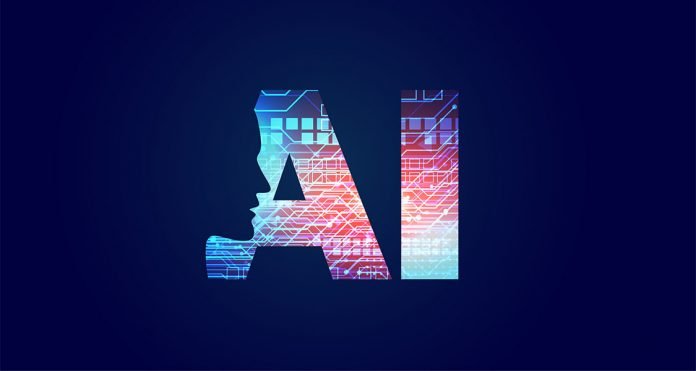The Future Of Is AI: Catalysing Change In Your Business
Guest post by:
Charlotte Murphy @ The Writers Guild
Artificial intelligence – AI – was a mere computational theory back in the 1950s when Alan Turing designed the first Turing Test to measure a machine’s intelligence.
Today, AI inhabits consumer electronics in the form of Siri, Cortana, Alexa and Google Assistant – it lives behind our internet browsers, within the relative confines of wireless networks and circuit boards.
We interact with AI all the time – Google’s auto-suggest function, customer service bots and YouTube’s search algorithm are all examples of AI.
In just half a century, AI’s role in society has become firmly established. Developments in software programming and IT have facilitated important innovations in AI.
AI can now operate independently of humans using unsupervised machine learning (ML) to learn naturally from complex real-world datasets.
Deep neural networks and natural language processing (NLP) has led to increased human forms of AI that are capable of impressive abstract and complex thought.
Whilst the frontiers of AI remains a near-limitless sci-fi dream for now, businesses worldwide are already harnessing it to create value, refine processes and catalyse change.
Increase Speed, Reduce Error
AI is adept at working with exceptionally large datasets quickly, tirelessly and without error. It is particularly good at applying logic models, e.g. regression models, to large numerical datasets, but can efficiently work with many sparse, or noisy ‘organic’ datasets thanks to the development of unsupervised machine learning algorithms.
In the healthcare industry, this allows operators to process results across numerous variables to speed up clinical trials, as we have seen recently throughout the coronavirus pandemic.
Speaking on the ability of AI to work quickly and at scale, Dr Ron Li, at Stanford’s COVID-19 and AI: A Virtual Conference said “[AI] can do things at scale – some things that humans can’t do.”
For example, Google DeepMind, an AI network, can perform and analyse many occipital coherence tomography (OCT) scans with much higher accuracy than trained opticians and optometrists.
The same concept applies in the finance industry where AI bots work tirelessly to detect fraud anomalies with pinpoint accuracy, or perform high-frequency automated trading (HRT) across financial markets at incredible speeds.
It isn’t always about the cutting edge – businesses can harness the power of AI in more rudimental or accessible ways also.
For example, AI accounting software and document automation services are accessible to businesses of virtually any size and can help them cut costs whilst reducing work strain and human error.
AI remains online when we have to go offline – this saves businesses both time and money whilst ensuring that important systems don’t go to sleep when they’re unmanned.
Analyse Data in Panoramic Detail
AI algorithms are able to document and survey vast datasets to uncover anomalies, detect risk and discover areas for adjustment, improvement or fundamental change.
Big Data is the paradigm, or trend, of businesses collecting data insights on virtually every area of their business ranging from sales pipelines to procurement strategies.
These datasets can be analysed in meticulous detail to uncover a multitude of trends and actionable insights.
For example, you could discover who buys certain products at what times and how this changes throughout the year.
You could find out how to refine your manufacturing process to maximise yield whilst cutting unnecessary costs and saving energy.
You could analyse customer churn, providing a means to identify customers your business might lose so you can target marketing efforts.
The potential of AI-powered data analysis is encapsulated by AI platforms such as Avora’s ‘augmented analytics’ platform that works seamlessly across many sectors and industries to provide an unprecedented deep analysis of a business’ finances and inner workings.
Embrace Automation
The sci-fi dream of an automated society powered by robots is nightmare fuel for some.
The rise of robotic automation and AI has raised legitimate ethical and existential concerns as highlighted by Elon Musk and the late Sir Steven Hawking.
Immediate concerns tend to revolve around the capacity for automation to strip us of our jobs, replacing various departments within businesses almost wholly.
Whilst we need to always remain cautious and vigilant of how new technologies impact society, AI right now mostly enhances jobs rather than replaces them.
By dealing with menial, repetitive tasks such as data input and analysis, AI enables human skill and talent to be directed elsewhere. It’s a cost and time-saving exercise rather than a job replacement exercise.
AI can do a lot of things and we’re always adding new skills to its burgeoning repertoire.
But, for now, AI will complement your business and allow you to direct precious time to tasks that require a human touch.

